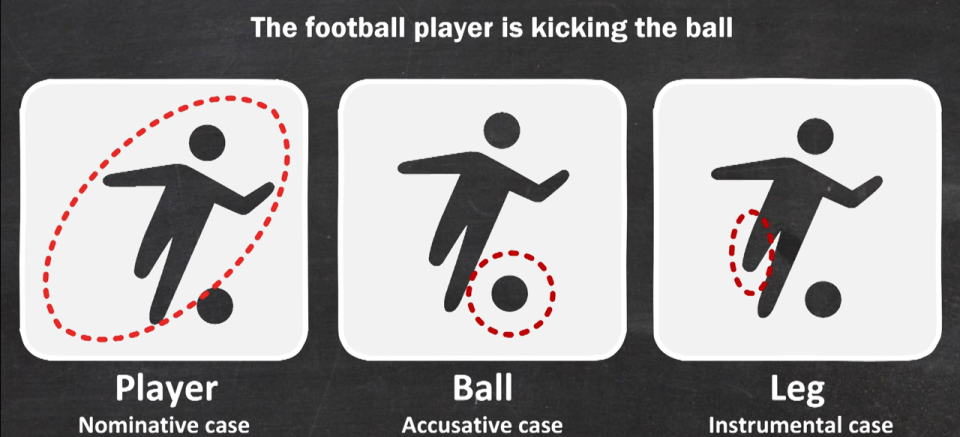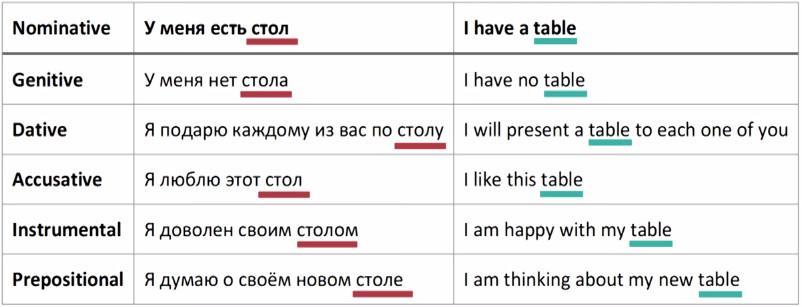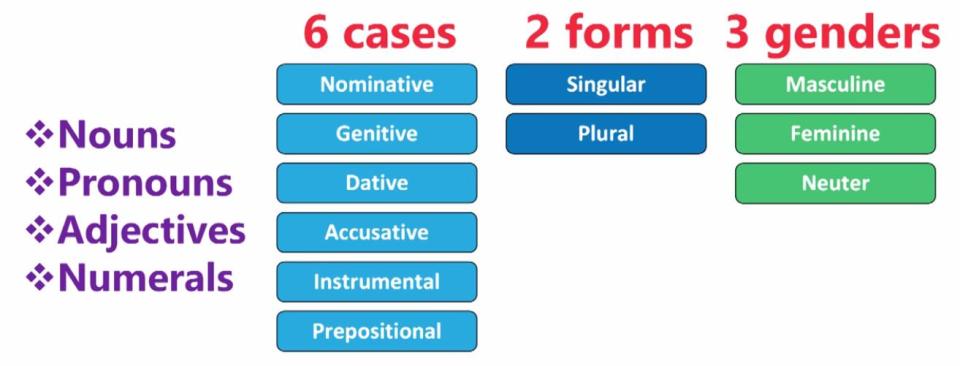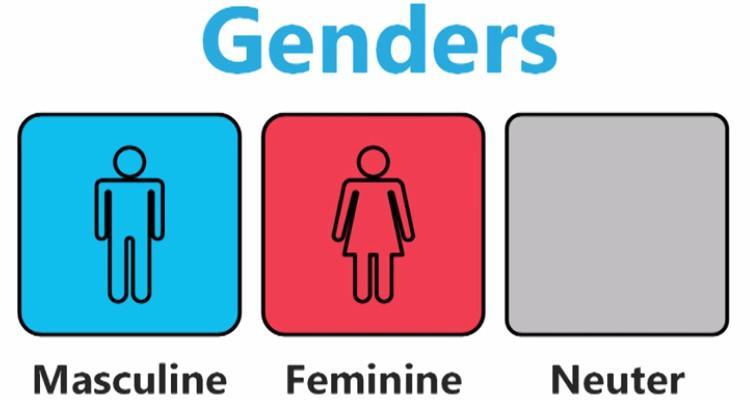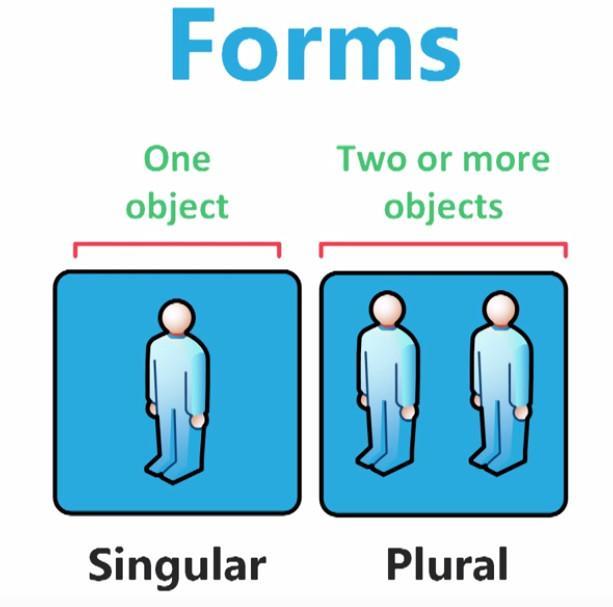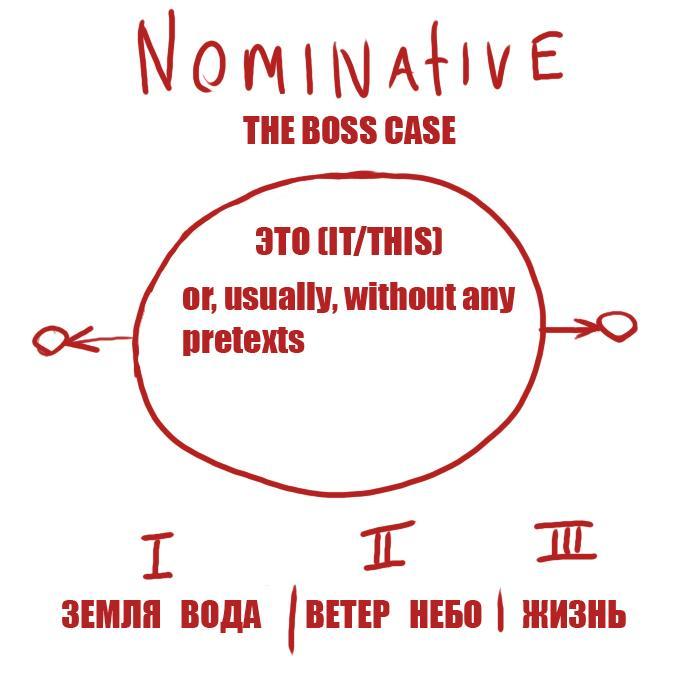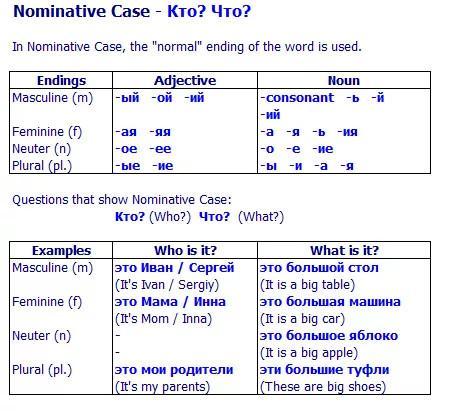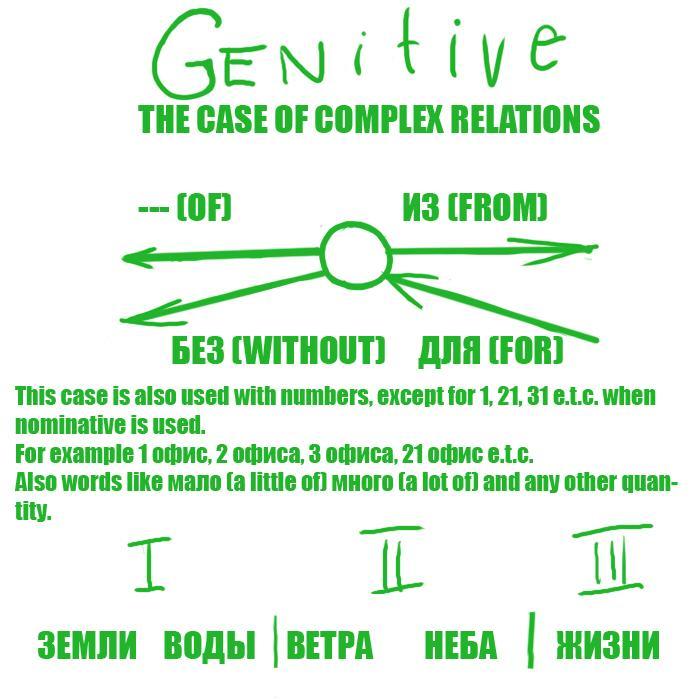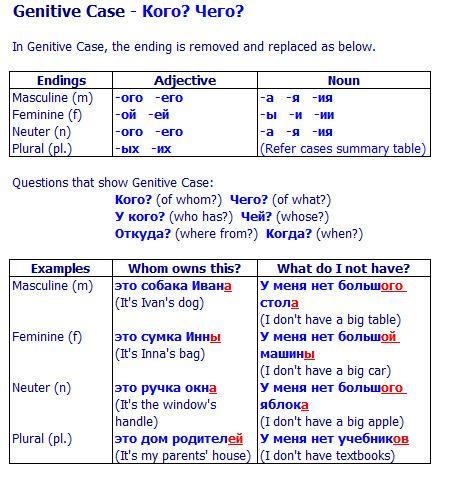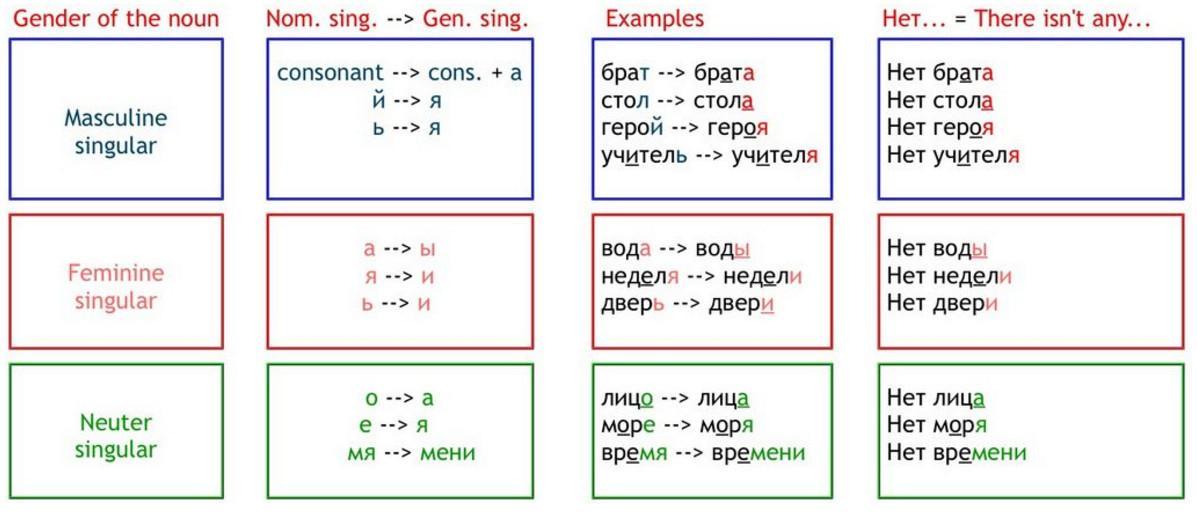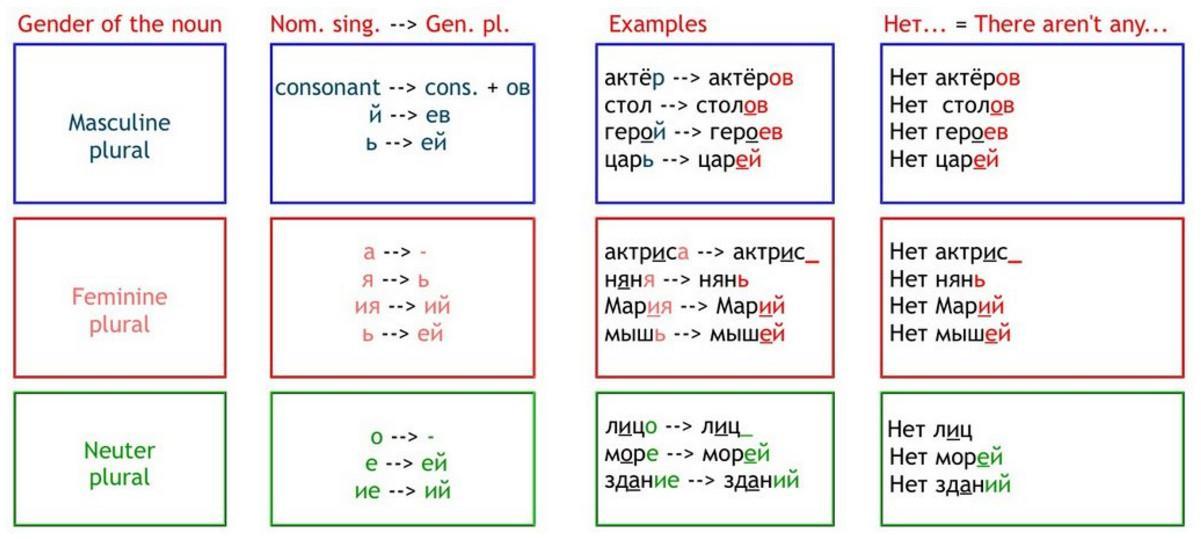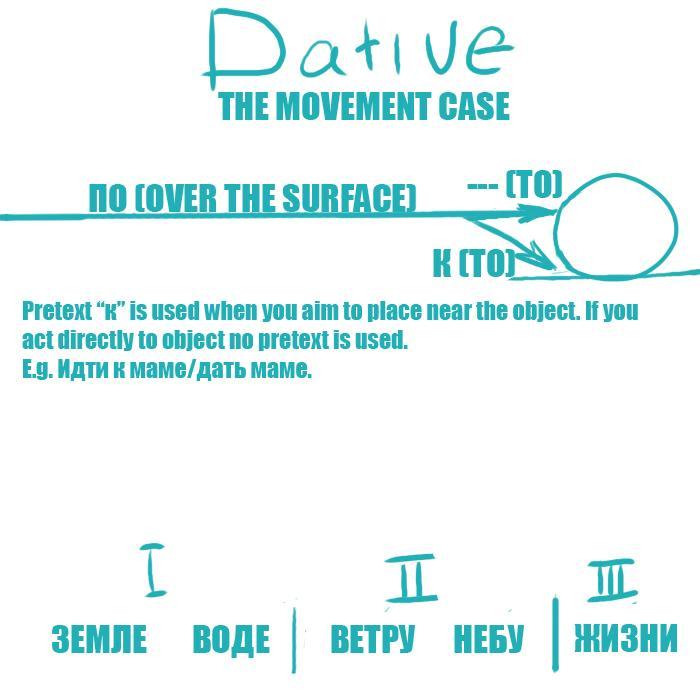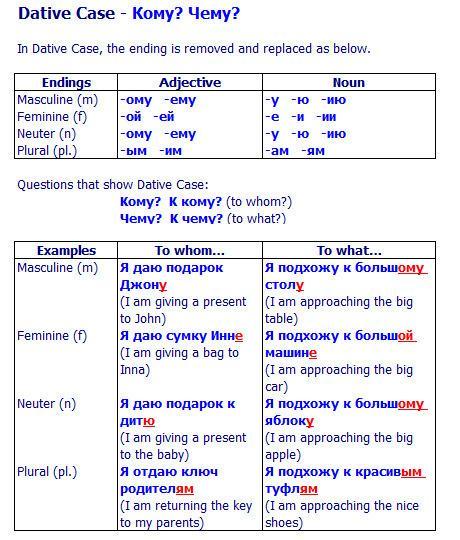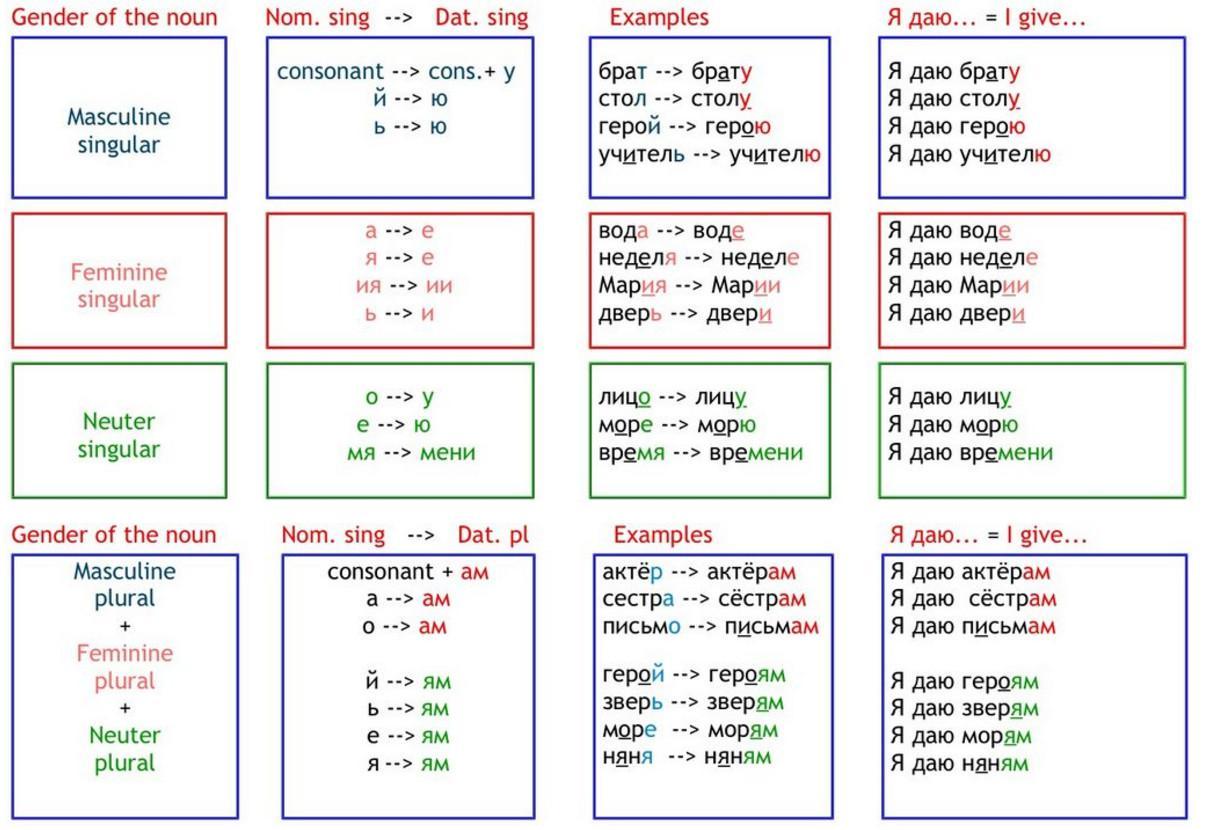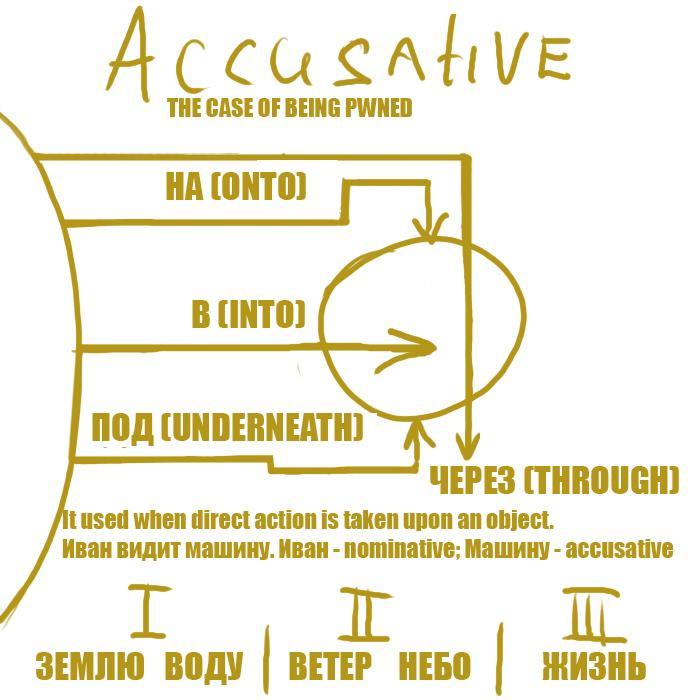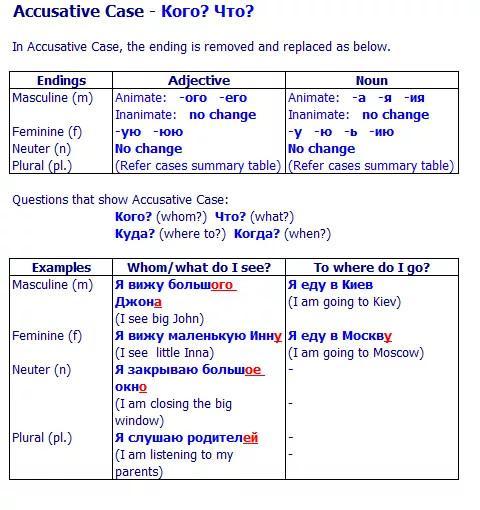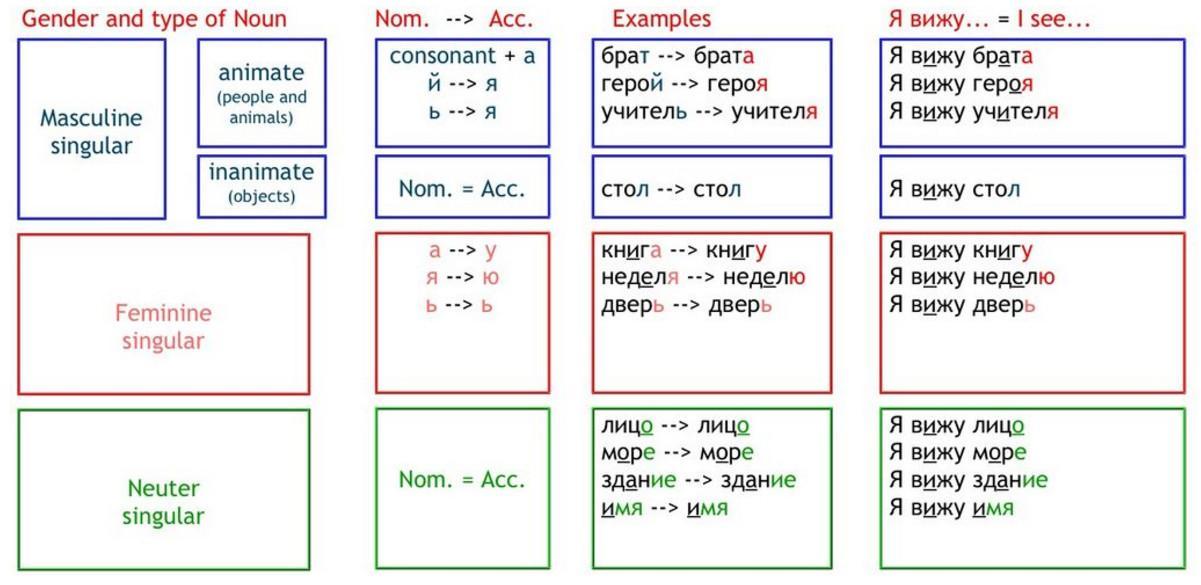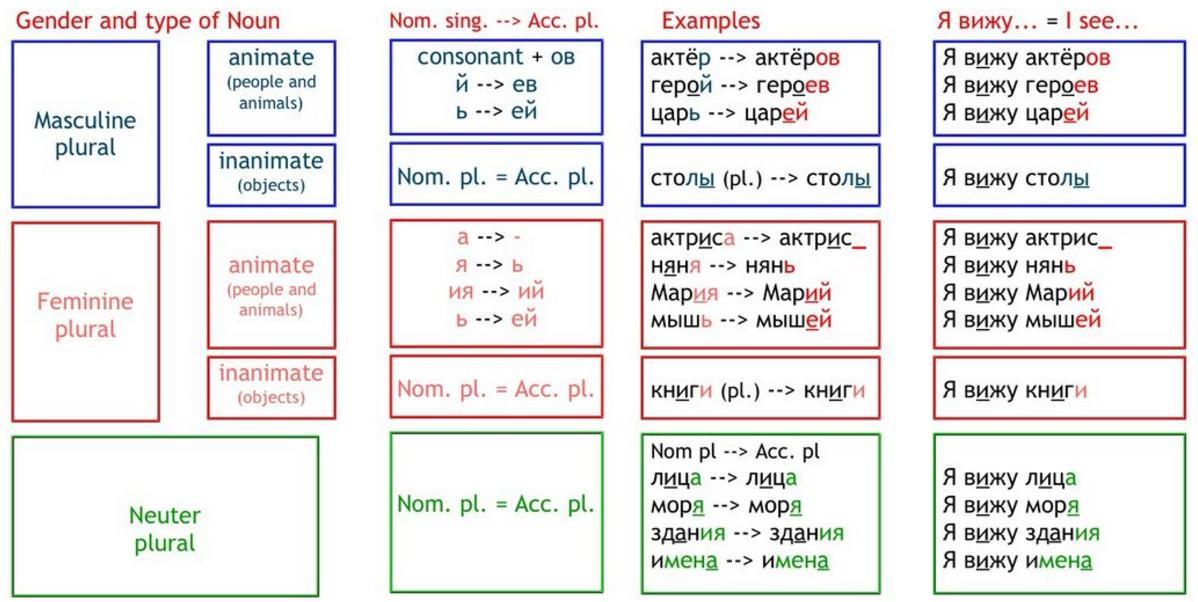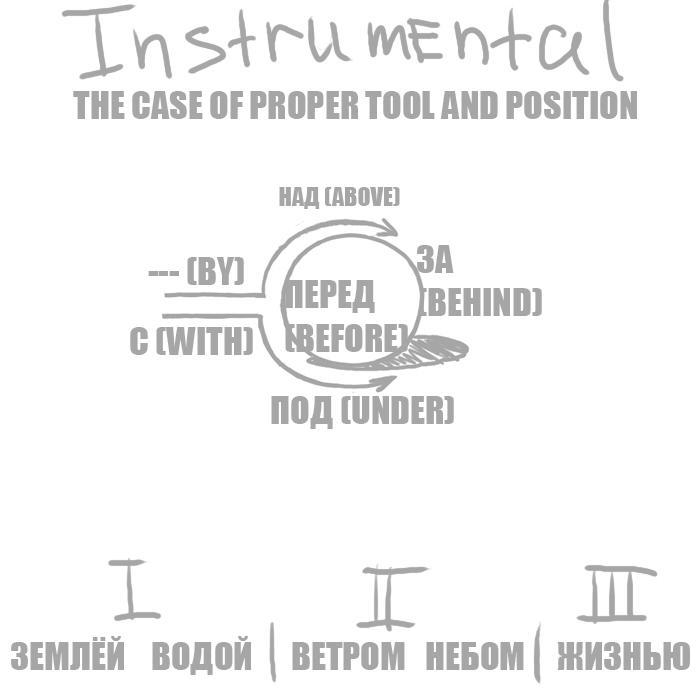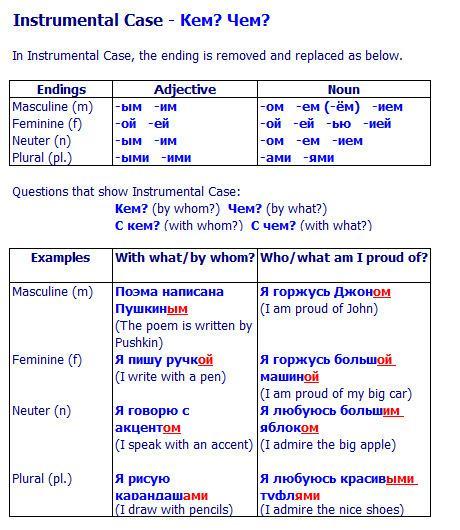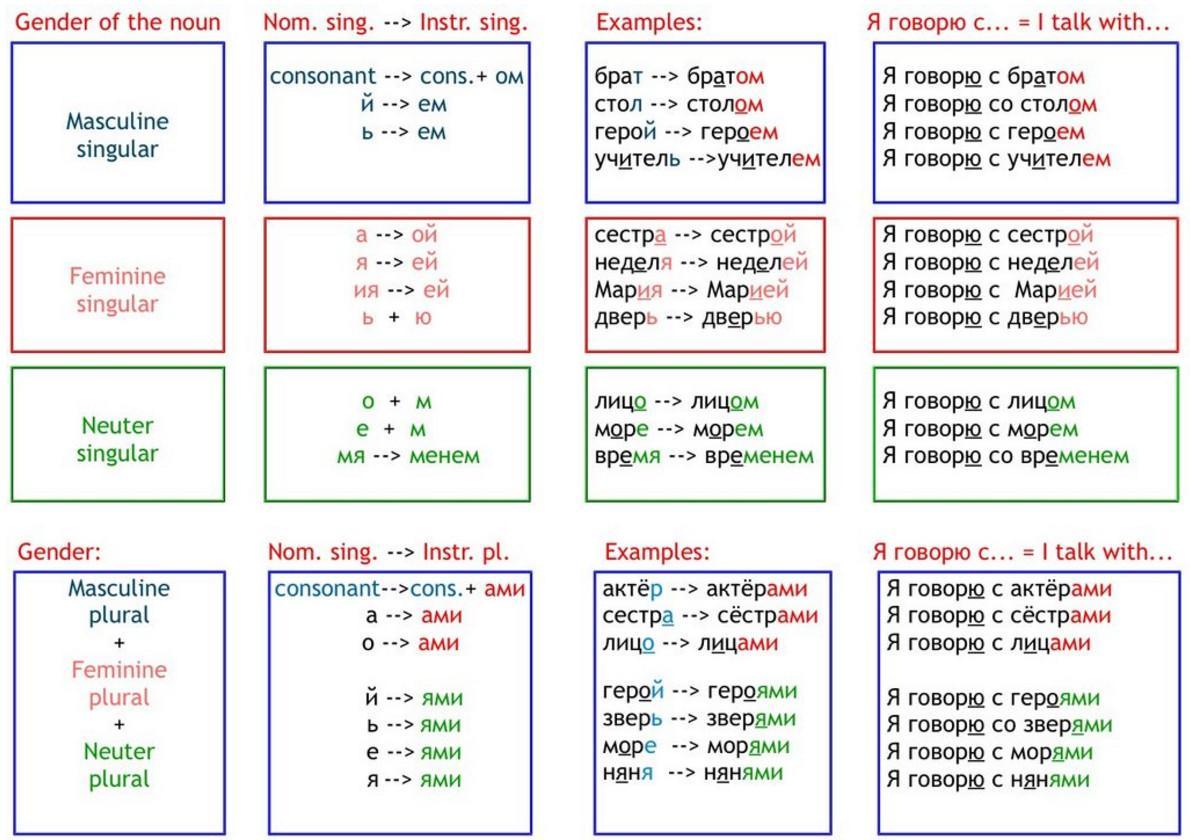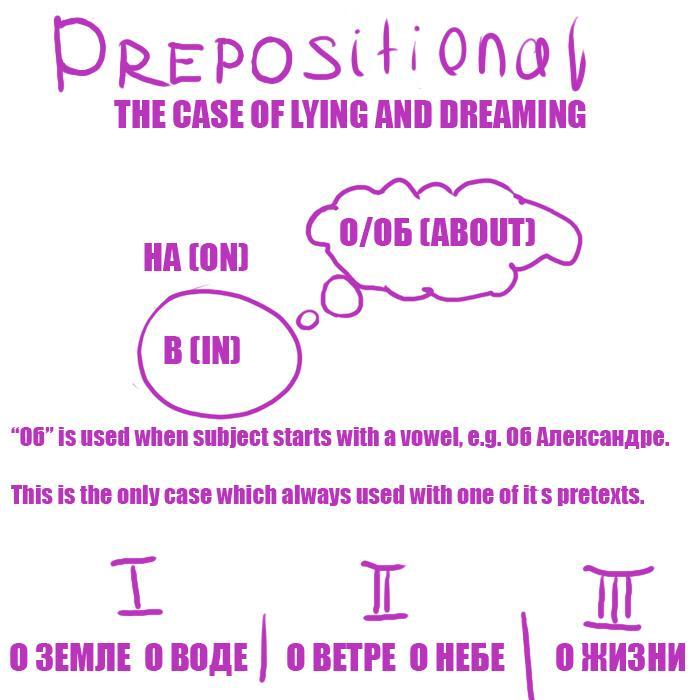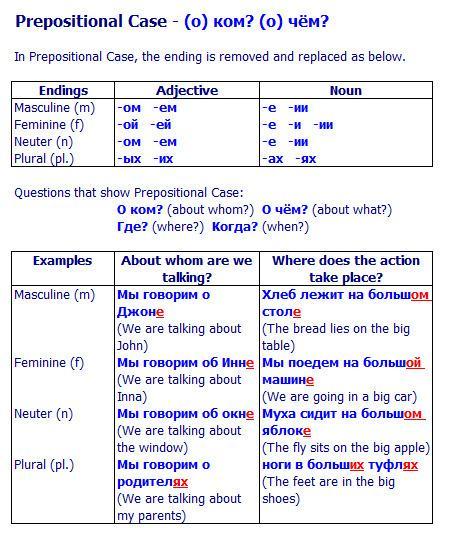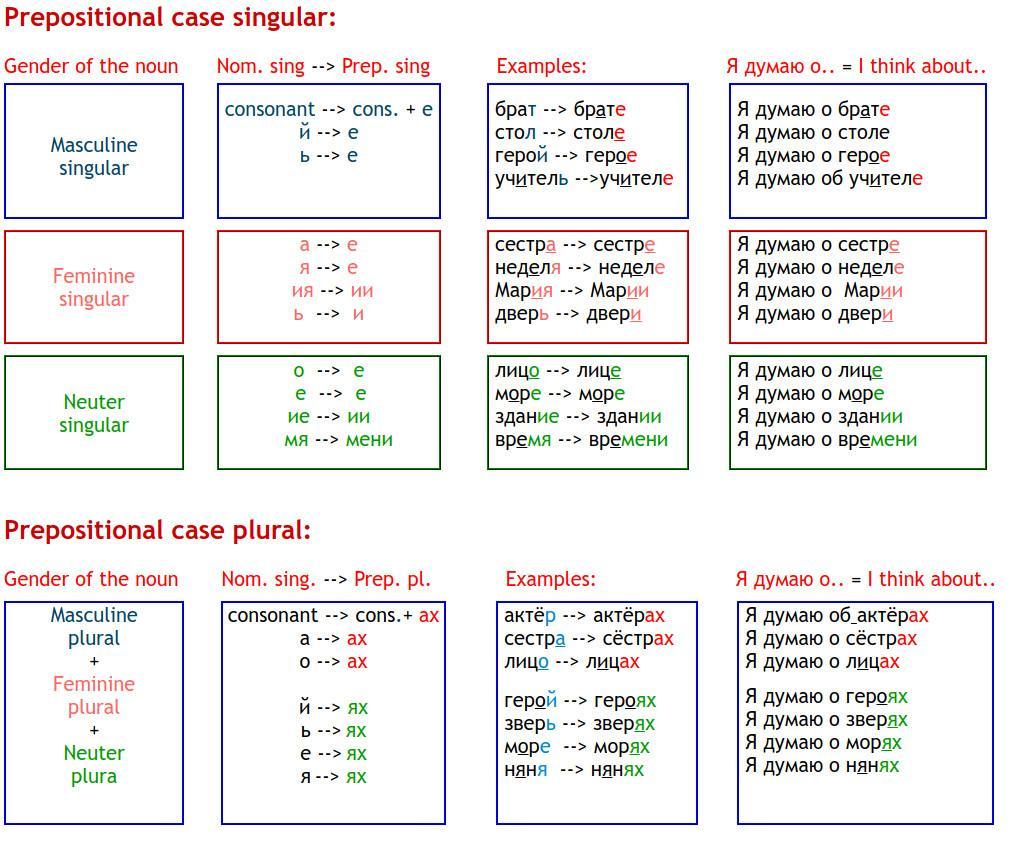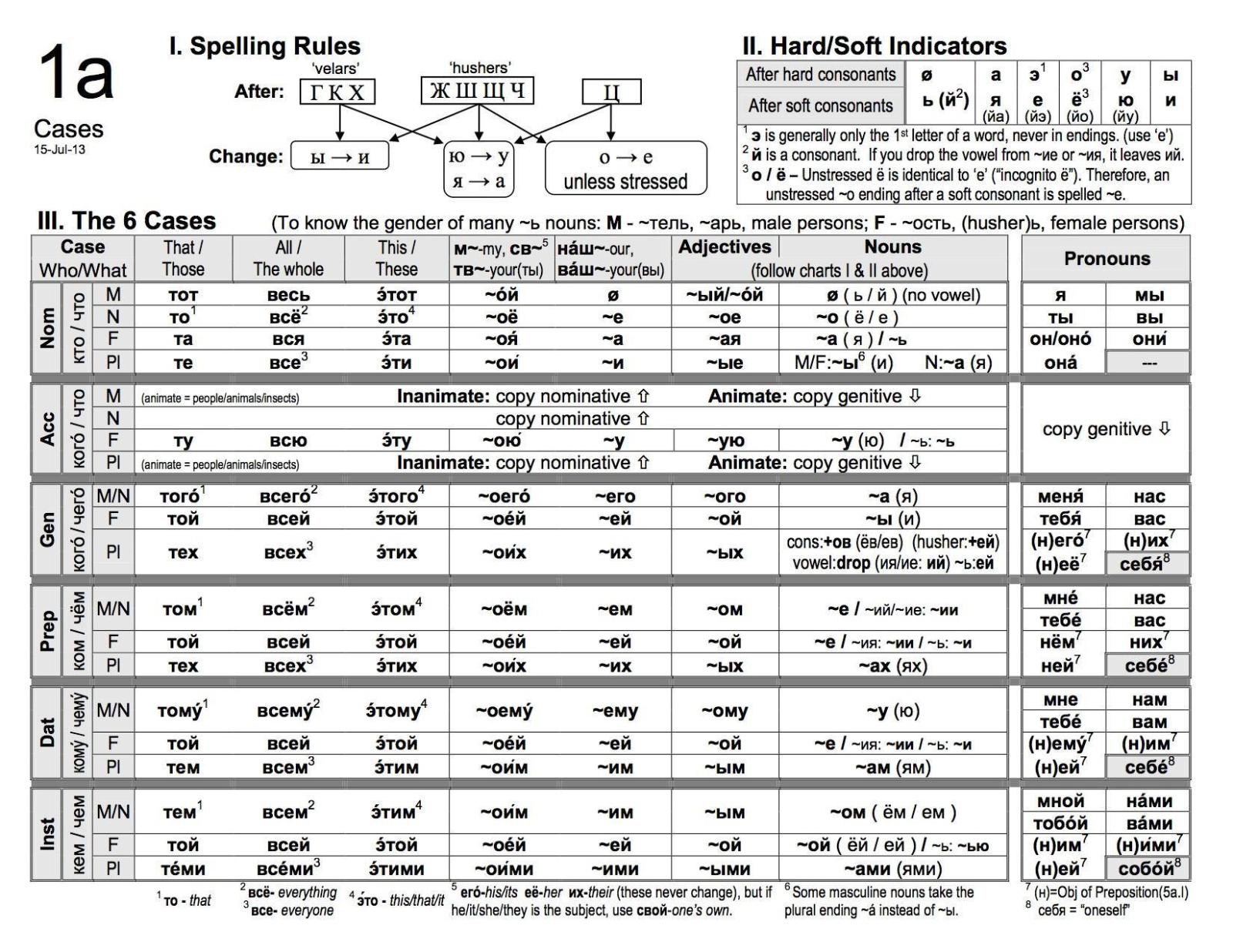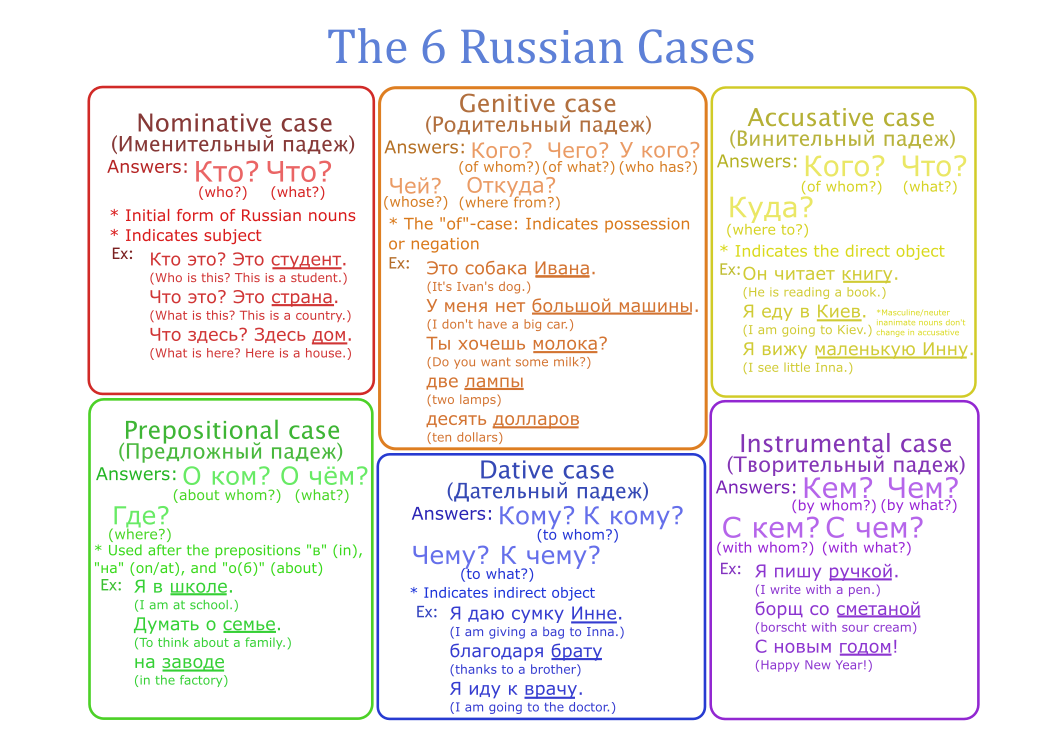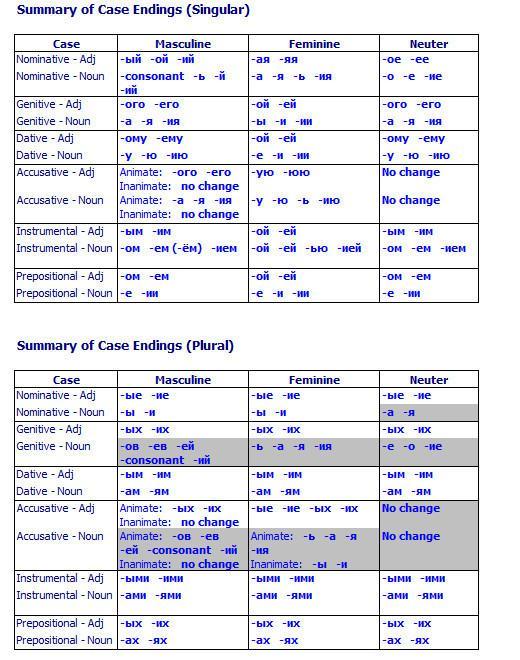Exercise
1. What is the correct
plural of the word?
1. How many (person) study
English as a second language?
2. Five (woman) opened a
computer service company.
3. Even (child) enjoy
learning on the Internet.
4. Most basketball players are
6 (foot) tall or more.
5. Which breed of (sheep)
produces the finest wool?
6. My (tooth) are
sensitive to the cold.
7. At daylight savings time, we
have to change our (watch).
8. The boys went fishing and
caught 10 (fish).
9. There are 10 (man) in the
Maintenance Department.
10. The (wife) keep their
(knife) on the (shelf).
11. (Goose) are water birds.
12. (Piano) are difficult to
move.
Exercise 2. Write down
the correct form of the plural:
City,
house, boy, family, life, photo, phone, sandwich, nurse, elf,
phenomenon, criterion, village, toy, thesis,
stimulus, alumnus, loaf,
medium,
crisis,
veto,
fireman, diagnosis, ox, face,
portfolio, swine, house, tomato, hearth, mother-in-law, basis,
clergyman, ox, cry, key, fox, downfall, looker-on, rock, bush,
enemy, leaf, roof, genius, hero, bunch, sheep, ship, criterion,
youth, journey, penknife, man-of-war, loss, datum, goose, deer,
pie, Englishwoman, wolf, mouse, formula, bath, volcano,
possibility, forget-me-not, foot, handkerchief, thief, crisis,
stepdaughter, birth, echo, finger-tip, court martial, joy,
mischief-maker, extremity, spy, lie.
Exercise
3. Translate
into Russian.
1. The firm stated
that a license was required for the export of these goods.
2. Russia has the
world’s largest deposits of oil.
3. We have
received some important information on the state of the wool
market.
4. Mathematics
forms the basis of many other sciences.
5. Coal is
extracted in many districts of our country.
6. A new glass
works has been built near the village.
7. He is the
father of my sister’s husband.
8. A woman of her
intelligence would make a good Supreme Court justice.
9. His clothes
were wet as he had been caught in the rain.
10 The “Neva’s”
cargo consisted of wheat and barley.
11. In this
article you will find the figures of Italian exports and imports
for the last three months.
12. Scientists
have been collecting data on air pollution levels.
Exercise
4. Choose the correct form of the verb.
1. Physics is/are
a very difficult subject.
2. Three miles
is/are a long way to walk to work.
3. Measles
is/are quite a serious illness.
4. Her clothes
were/was very smart.
5. Two pounds
is/are not enough to buy a CD.
6. The
class was/were all on a school outing.
7. “Have you
just cleaned the stairs?” “Yes, so be careful. They is/are
very slippery.”
8. His advice
was/were that I take it to a garage.
9. There trousers
is/are very old.
10. How
is/are the company doing lately?
11. Two years
is/are a long time to be away from home.
Exercise
5. Use the appropriate form of the verb.
1. «There …
money in my pocket,» I said to the porter, (is, are)
2. I know my hair
… beautiful, everybody says so. (is, are)
3.
The works … his country, his home, his reason for being, (was,
were) 4. These
white swine … not live, (does, do)
5. Means …
easily found, (was, were)
6. This
watch … a special favourite with Mr. Pickwick, having been
carried about for a greater number of years than we feel called
upon to state, at present, (was, were)
7. “Good,”
I said. “No one shall tell me again that fish … no sense with
them.” (has, have)
8. The deer …
ravaging the man’s fields, (was, were)
9. Money … so
scarce that it could fairly be said not to exist at all. (was,
were)
10. I was here
before the gates … opened, but I was afraid to come straight to
you. (was, were)
11. The papers …
dull, the news … local and stale, and the war news … all old.
(was, were)
12. At Capracotta,
he had told me, there … trout in the stream below the town,
(was, were)
13. The sugartongs
… too wide for one of her hands, and she had to use both in
wielding them, (was, were)
14.
Her hair … loose and half-falling, and she wore a nurse’s
dress, (was, were)
15. And the
baggage … apparatus and appliances, (contain, contains) 16. The
china … good, of a delicate pattern, (was, were)
17. The nurse’s
wages … good. (was, were)
Exercise
6. Translate
into English.
1. Его любимый
предмет-математика.
2. Атлетика
очень популярна в нашей стране.
3. Большая
часть этих данных не имеет смысла,
потому что отсутствует какая-либо
конкретика.
4. У кошки
девять жизней.
5. Выпало
так много снега, что погибла половина
овец и даже много оленей.
6. Ворота
открыты.
7. Все ворота
открыты.
8. Мои
часы отстают.
9. У него
двое часов.
10. У нее
темные волосы.
11. Летние
каникулы длятся три месяца.
12. Фрукты
летом дешевле.
13. Мы поймали
только несколько рыб.
14. Его одежда
была мокрой.
15. Эти ножницы
очень острые.
16. Народы
этой страны счастливы.
Exercise
7. Explain
the use of the genitive case.
1. For four
months, since in the canteen she saw John’s tired smile, he had
been one long thought in her mind.
2. Agnes was at
her wit’s-end.
3.
Since his illness, however, he had reluctantly abandoned this
attempt to get twentyfour hours’ work out of each day.
4. The Radicals’
real supporters were the urban classes.
5. To Elizabeth it
seemed that the lines with which fear had falsely aged his face
were smoothed away, and it was a boy’s face which watched her
with a boy’s enthusiasm.
6. For his
honor’s sake Torn has got to commit suicide.
7. They
were to leave the house without an instant’s delay and go at
once to the river’s edge and go aboard a steamer that would be
waiting there for them.
8. And he
lifted his strange lowering eyes to Derek’s.
9. I was
encouraged when, after Roger had proposed the guest of honor’s
health, Lufkin got up to reply.
10. “Where are
the children?” “I sent them to mother’s.”
11. Philip
heard a man’s voice talking quickly, but soothing, over the
phone.
12. Presently Rex
was on his two miles’ walk to Offendene.
13. That early
morning he had already done a good two hours’ work.
14. Bowen sat on
the veranda of Buckmaster’s house.
15. Crime is
the product of a country’s social order.
16. I spotted the
bride’s father’s uncle’s silk hat on the seat of a straight
chair across the room.
17. I spent
Christmas at my aunt Emily’s.
18. We took some
bread and cheese with us and got some goat’s milk up there on
the pasture.
19. He was still
thinking of next morning’s papers.
20. Why, for God’s
sake, why must we go through all this hell?
21. A man stepped
out from a tobacconist’s and waved to them, and the car slid to
the kerb and. stopped.
22. A woman’s
love is not worth anything until it has been cleaned of all
romanticism.
23. Her skin was
as dry as a child’s with fever.
Exercise
8.
Paraphrase
the following sentences using the Possessive Case.
1. The office of
our manager is very big.
2. They will
consider the proposals of Mr. Black at their next meeting.
3. This is, in the
opinion of the critics, their best record for years.
4. The computer of
Tom and Helen is modern.
5. We have not yet
received the answer of buyers.
6. The working day
of our Commercial Director begins at 9 o’clock in the morning.
7. Do you know the
telephone number of the Petrovs?
8. My husband
knows a lot about detective novels of Agatha Christie.
9. She put the wet
boots of the boys near the stove.
Exercise
9.
Put the noun in the genitive case. Explain the use of the genitive
case.
1. Well, I’d
rather be married to a saint that never saw my good looks than to
a sinner who saw every other __. (woman)
2. The breakfast
table at __ was usually a very pleasant one, and was always
presided over by Bella. (Mr. Boffin)
3. “I think __
friendships are much deeper than __,” Mrs. Thompson said,
(men, women)
4. That night he
had chosen a basement bar a __ throw from Scotland Yard… (stone)
5. As he passed
through the __ room he saw an evening paper spread out
conspicuously on the desk of the __ nephew. (clerks, director)
6. But I suppose
that need not prevent us from quarrelling to our __ content in
future, (heart)
7. With one cold
glance could she send me back into childhood with all a lonely __
terrors and shames, (child)
8. I will even go
farther, if you like, and admit, for __ sake and for __ sake, that
the identity of Lady Glyde, as a living person, is a proved fact
to Miss Halcombe and yourself, (courtesy, argument)
9. He stopped to
dinner that evening and much to __ satisfaction made a favorable
impression on her father. (Ruth)
10. He said to
her: “Look at my brother __ property.” (James)
11. He had not
been at __ for nearly two years. (Timothy)
12. Benson was
listening among the __ representatives cocking his head on one
side, (workers)
13. He had never
thought that a mere __ hand could be sweetly soft, (woman)
14. But he was
daunted the next moment by his own and __ insignificance. (Milly)
15. But by that
time the bride was near the end of the first _ journey towards
Florence, (day)
16….he too
wished she had remained at home, as did most of the __ families,
(congressmen)
17. You need a
good __ sleep, (night)
18. Haven’t
you noticed that other __ bread-and-butter is always much nicer
than your own? Robert is like that. He always prefers __ fireside,
(people, somebody else)
19. The __ wives
were more expensively dressed than the Civil __, and in general
more spectacular, (politicians, servants)
20. One evening,
on the way to the __, I saw Irwing sitting on the steps of his
house, (grocer)
21. I cannot be
blamed for all my __ doings, (kin).
Exercise
10.
Translate into English, using a noun in the genitive case where
possible.
1. Давид
провел две недели в Ярмуте у мистера
Пеготти.
2.
Уезжая в Ярмут, мальчик ничего не знал
о предполагаемом (intended)
браке своей матери.
3. После
путешествия, которое длилось несколько
часов, Пеготти с Давидом прибыли в
Ярмут.
4. Приближаясь
к дому мистера Пеготти, Давид увидел
детскую фигурку, стоявшую на пороге.
5. Дядя Хэма
и Эмили усыновил их, когда они были
детьми.
6.
Пеготти с гордостью говорила о доброте
своего брата. 7. Двухнедельное
пребывание в Ярмуте доставило Давиду
большое удовольствие.
8. В присутствии
мужа миссис Копперфильд боялась
приласкать своего сына.
9. После
минутной нерешительности Давид подошел
к миссис Копперфильд и поцеловал ее.
10.
После смерти жены мистер Мердстон
послал Давида в Лондон, где мальчик
должен был работать в торговом доме
(warehouse)
Мердстона и Гринби.
How to learn Russian cases. The Best visual sheets, charts about Russian cases.
- What is the case?
- Educational materials
- How to learn Russian cases
- Genders
- Forms
- Learning cases
- Bonus. The Best visual sheets about Russian cases.
- Nominative. The boss case.
- Genitive. The case of complex relations.
- Dative. The movement case.
- Accusative. The case of being pwned.
- Instrumental. The case of proper tool and position.
- Prepositional. The case of lying and dreaming.
- The 6 Russian Cases Endings
In general, cases are situations where the word has appeared.
Here is the visual example.
In this example, the football, or the soccer player, is kicking a ball. The player himself is playing the leading role here, and he is kicking the ball. The ball is kicked by the player that’s why it plays the role of the object here. And the ball is kicked with the leg, or in other words, the player used his leg to kick the ball. So, in this situation, there are three nouns: the player, the ball and the leg. That’s why the cases are needed — to identify who is who in this situation. Obviously, the player is the main here. The leg is his instrument, and he uses it to kick the ball. The ball is the object lying on the grass and waiting to be kicked. When the player kicks the ball, well, the ball will be flying and will be the main part of the sentence. But now the ball is only the object. I hope you have understood that. So, a word can play a leading role in the sentence and do something, or something may be done to it, with it or about it, on it, after it, inside it and so on. That is what cases are. They show this stuff. They show the role of the word.
1. The Case Book for Russian (Russian Edition)
This book is absolutely fantastic and a must for individuals wanting to master the Russian cases. I have only used this book for one month and it is already paying serious dividends. I love how it is organized and explains WHERE AND HOW to employ the cases.
- Each case is organized into large chapters [nominative, instrumental, accusative, dative, genitive, locative (prepositional)] making for easy finding and concentrated studying.
- The book clearly explains what circumstances to use each case in
- The book gives detailed case tables at the beginning of each chapter, including differences between hard and soft noun modification
- The book uses REAL sentences pulled from actual Russian sources, so it is in its most pure form.
- The book has detailed exercises at the end and a computer CD to check them with (native female speaker pronunciation included)
«The Case Book for Russian» has a very modern textbook layout. The authors use great layouts on the difficult subject matter of the use of each Russian case. I am very impressed by the layout (similar to adult education reader friendly beginning math or language books).
The translation sentences are very well selected and complex. There is plenty English so you can read the book.
Since the subject matter is a bit hard, one could say that it is not a fast reading book (maybe similar to second year Russian textbooks in topics), but I don’t think the authors have any area to improve on. They have made a big smart effort.
The book is in very new condition in shrink wrap. It is paperback in 8.5 by 11 inch. The CD is in the back cover. It took a few weeks to arrive. I like educational methodologies: so I am impressed. The subject of using word case endings is not easy. I suppose the book is not in stores because this is a fairly difficult subject matter. I see no fault of the book layout or the authors efforts.
I have seen some tiny decent books on this topic, but this is the fuller treatment. A college textbook scatters such case information throughout the book. This book organizes the cases topic directly.
I have history, accounting, and law degrees at age 59, have a tourist interest in Russian, and appreciate very modern textbook layouts such as here with a CD:
4 parts of speech can have cases: nouns, adjectives, numerals and pronouns. But the main thing is, of course, cases of nouns. Because other parts of speech have the same case as the noun, so they depend on it. One more example – a deeper one. To make you understand the cases better. Let’s take the word TABLE.
The table can find itself in different situations and can play different roles in the sentence. Let’s take the word TABLE and look at what happens with it in different cases.
Nominative case
— У меня есть стол — I have a table.
Genitive case
— У меня нет стола — I have no table.
Dative case
— Я подарю каждому из вас по столу — I will present a table to each one of you.
Accusative case
— Я люблю этот стол — I like this table.
Instrumental case
— Я доволен своим столом — I am happy with my table.
Prepositional case
— Я думаю о своём новом столе — I am thinking about my new table.
Now, look at English examples. We declined the word table in different cases. And actually, we see no real significant and visible difference. The word «table» stays the same in every sentence. That’s why cases in English are only some theoretical stuff needed for specialists only, maybe. But those who learn English as a foreign language do not learn cases at all. Technically, in English, we use prepositions and other nouns to identify what role the table plays in the sentence. And I like this English approach because it is simple. But in Russian, the situation changes dramatically. The word TABLE – СТОЛ changed its ending 4 times, 2 times it didn’t. That’s why we need to learn cases in Russian. Because in Russian, we use cases everywhere and a lot. I mean, in every sentence. And in different cases, the words have different endings.
4 parts of speech:
nouns, pronouns, adjectives and numerals change their ending.
And spoken and written differently. And it happens in every sentence!
So, in simple words, case shows the role of the word in the sentence.
Along with cases, a very important moment is declension. Or in Russian, it is called «склонение». Declension is when you change the form, gender or the case of the word. And in Russian language, it is done via changing the ending of the word. So, declension is the mechanism of changing the word from its original form by changing the case, gender or the form. And, again, we decline words by changing their endings.
We simply change the last letter of the word or last few letters. According to rules.
There are 6 cases in Russian:
- nominative,
- genitive,
- dative,
- accusative,
- instrumental,
- prepositional.
And 4 parts of speech can have cases:
- nouns,
- adjectives,
- numerals,
- pronouns.
So, to learn cases, it means to learn to change endings for 4 parts of speech in six cases.
- Moreover, in singular and plural forms, there are different endings for the same cases.
- In addition, in masculine, feminine and neuter genders, words have different endings.
- Plus, there are irregulars in Russian.
So, there is a pretty large amount of stuff.
That’s why cases are called the hardest part of Russian grammar.
And when you learn them – the most of Russian grammar will be behind.
The key to understanding cases and learning to decline words lies in the first unit of Russian grammar – Russian cases of nouns. To learn cases in general, you must, first, master Russian nouns – the main part of the speech. Because, first of all, the case of other parts of speech depends on the noun. They have the same case. Second, the mechanism of declension of other parts of speech is the same as in nouns. But more simple! So, in the nouns unit, you will learn how to know the case and how to change endings.
And later, you will be applying your knowledge to other parts of speech. And the difficulty level will be decreasing.
So, the noun is the main and hardest part of Russian grammar and the thing is that you need to learn it first. And it means to learn the basic information about nouns, to learn the forms of nouns and to be able to change them, to learn genders of nouns and to be able to identify the gender without any stumbling. And only then you learn cases of nouns. So, to learn the cases you need to learn forms and genders first.
Recommend:
The situation with Russian genders is pretty different from English. Yes, we have the same 3 genders. Neuter, masculine, and feminine.
But many English neuter words in Russian have masculine or feminine gender.
Like, in Russian, a computer is «he» Internet is also «he». YouTube? Also «he». While your keyboard or mouse is «she». Because in Russian the gender of nouns depends on their ending. And according to rules, you need to learn to identify the gender of nouns. And the gender of other parts of speech depends on nouns. So, again, nouns are essential, and when you learn to identify the gender of nouns, you will know the gender of other parts of speech.
Well, Russian and English are very close here. The same singular and plural forms. And the same mechanism of changing the ending.
In English, to get the plural form you add -s or -es to the nouns usually. In Russian, you add also an ending. So, there is the same mechanism.
The thing is that cases are not some isolated thing. And they are very interconnected with forms and genders. And cases are learned through the mechanism of declension. Before, I told you about declension. It is changing a form, gender or a case of the word. And it is done via changing the ending. Maybe you have seen that there are 1, 2, 3 declensions in Russian grammar. If not – no biggie. Generally, these are just rules that combine the gender and the case altogether. You can learn Russian grammar through this mechanism. Or there is the way that does not involve this mechanism. It depends on the textbook you are learning with. Here is what I mean. Here is the rule for the genitive case for nouns. And the mechanism is the following.
We take a noun. In the nominative case. It is the default case, and all nouns in the dictionary are in the nominative case. And we change the ending according to gender and the form.
The word ДОМ – HOUSE.
We look at the word and according to its last letter, we see that it has a masculine gender. Because it ends in a consonant. So, to get a singular genitive form, according to the rule we add –А.
And get ДОМА.
ДОМ — ДОМА.
If we want genitive plural, we add –ОВ and get ДОМОВ.
ДОМ — ДОМОВ.
So, we say in the genitive case: I have no house – У меня нет дома
I have no houses – У меня нет домов.
So, that is the mechanism.
We identify what case we want a noun (or other parts of speech) to be.
Then, according to rule, we detect it’s gender.
Decide what form it should be and BANG – change the noun into the case.
Nailed it! It is done with the help of rules and practice. Especially practice.
Have you seen the rule I have shown you?
Well, there are 5 such big rules for all cases except the nominative. And several minor rules. And that’s only for nouns unit!
Do you really think you can learn them all?
I do not stop repeating that language is a skill. And you can study all that by simply understanding the theory and practicing a lot.
OK. Now one very important moment.
How can I know that I need prepositional case, or instrumental, or accusative?
Or some other. Well, you can’t at your current level. And you should not bother yourself with this question. You will need your endings changing skill in the future.
This is the basic form of a noun, you would look for in a dictionary.
For now, just learn the theory. And I mean to understand it. Not memorizing. Practice with exercises. Here, I mean that exercises should be easy for you. It means you need more practice than most textbooks offer. That’s why I usually recommend having several textbooks. To have more exercises to practice.
Now, one more thing. Imagine that you can’t ride a bicycle, and decided to teach yourself. You get a textbook about how to ride it. So, it says,
When riding, to turn the bicycle, you need to keep its stability by following the empirical rule: Sine of the angle of tilting is inversely as the square of angular velocity of rotation of a wheel divided by the weight of the cyclist.
Well, this info is very helpful. Now, you know how to turn the bicycle. Wait, but when you go outside, you see your neighbor’s son is successfully riding his bicycle without even knowing what sine and angular velocity actually mean. The same is with cases and grammar. There are so many rules there. What you need to do is to go through their learning, understand them, practice a lot, develop proper patterns and habits. Then, to forget all that stuff but speak and write properly according to properly learned and formed habits and patterns.
Russian Cases
Russian grammar —> Russian Cases
In Russian, the word order in the sentence is flexible because the relationships between words are shown by word endings (see also Word Order). These endings are used to build different word forms which are divided into several groups called cases.
Cases are the forms of nouns, adjectives, pronouns and numerals to represent their grammatical function in a sentence. Most often, these word forms are built with help of word endings: words may add or change the ending. However, changes in the stem of words are also possible.
The Russian language has six cases: nominative, accusative, prepositional, genitive, dative, and instrumental. In each case, words have a form for singular and a form for plural. Therefore, a noun may have 12 forms: 6 forms for singular and 6 forms for plural. It is also possible that forms of a word in different cases are similar or a word has only one form for all cases.
Here you can find a brief description of the six Russian cases:
The nominative case shows the subject, or the doer of the action or the predicate.
The genitive case shows possession, and it is also often used in a negation.
The dative case marks the indirect object, or the receiver of the action.
The accusative case shows the direct object, or the object of the action.
The instrumental case indicates the «instrument» (or means) of the action, or how the action is done.
The prepositional (or locative) case shows the location, or where the action takes place.
These are basic functions of Russian cases. Cases may also be used for many other purposes and you can find more information about it in other articles devoted to cases of nouns.
The form of Russian nouns that is given in dictionaries, also referred to as citation form, is usually the singular form of the nominative case.
Examples below demonstrate the use of cases in Russian:
Nominative:
Студент говорит. – The student is speaking.
The word студент (student) is the subject and doing the action. It is in nominative case form in this sentence.
Genitive
Работа студента очень интересная. – The work of the student is very interesting.
The subject of this sentence is the word работа (work) which is in nominative case form. The word студента is the genitive case form of the word студент (student) and it shows that the work belongs to this student.
Dative
Студент пишет письмо сестре. – The student is writing a letter to his sister.
The word сестре (to the sister) marks the receiver of the action. It is the dative case form of the word сестра (sister).
Accusative
Студент читает книгу. – The student is reading a book.
The word книгу (book) marks the object of the action. It is the accusative case form of the word книга (book).
Instrumental
Студент пишет ручкой. – The student is writing with a pen.
The word ручкой (with a pen) marks the means of the action. It is the instrumental case form of the word ручка (pen).
Prepositional
Студент живёт в Москве. – The student lives in Moscow.
The word Москве (Moscow), together with preposition в (in), marks the location of the action. Москве is the prepositional case form of the word Москва (Moscow).
Updated on October 01, 2019
Sentence case is the conventional way of using capital letters in a sentence or capitalizing only the first word and any proper nouns.
In most newspapers in the U.S. and in virtually all publications in the U.K., sentence case, also known as down style and reference style, is the standard form for headlines.
Examples and Observations
- «The 100-year-old scientist who pushed the FDA to ban artificial trans fat.»
- «Barack Obama flies to thank troops who killed Bin Laden.»
- «FBI investigating Cardinals’ alleged hacking of Astros’ computer system.»
- AP Style: Headlines
«Only the first word and proper nouns are capitalized…» - APA Style: Sentence Style in Reference Lists
«In titles of books and articles in reference lists, capitalize only the first word, the first word after a colon or em dash, and proper nouns. Do not capitalize the second word of a hyphenated compound.» - «Librarians and bibliographers work with minimal capitals [i.e., sentence case], . . . yet [other options] are well established in literary tradition. For many people there’s virtue in using [sentence case] in lists and bibliographies, but using one of the other options for titles quoted in the course of a written discussion.»
- «In major companies, the problem of consistency may be largely unreconcilable. The public relations department has to use a ‘down style’ because it is writing for newspapers, but department heads insist on capitalizing the names of titles and departments…»
Sources
- The Washington Post, June 16, 2015
- The Guardian [U.K.], May 7, 2011
- Democrat and Chronicle [Rochester, N.Y.], June 16, 2015
- The Associated Press Stylebook: 2013, edited by Darrell Christian, Sally Jacobsen, and David Minthorn. The Associated Press, 2013
- (Publication Manual of the American Psychological Association, 6th ed. American Psychological Association, 2010
- Pam Peters, The Cambridge Guide to English Usage. Cambridge University Press, 2004
- Donald Bush and Charles P. Campbell, How to Edit Technical Documents. Oryx Press, 1995

